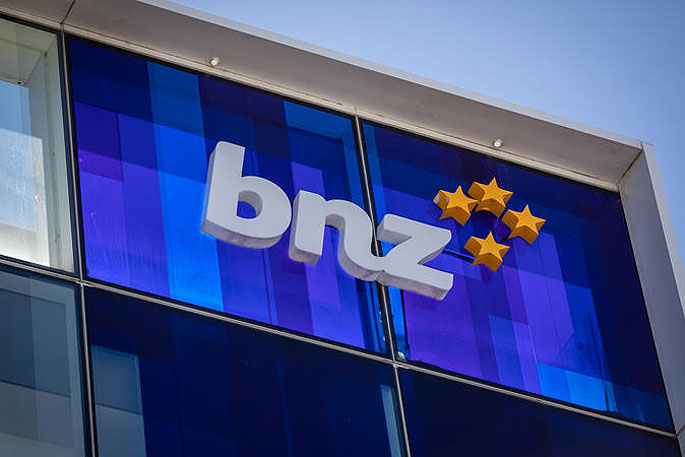One of the country's major banks says it is finding a concerning number of instances of economic abuse, including people being saddled with someone else's debt, or having no control over their finances.
BNZ identified 12,000 abusive online banking transactions in the space of just six months last year.
While there are no official figures about how widespread economic abuse is in New Zealand, experts believe it is just as prevalent as other types of domestic abuse.
Emma* never felt unsafe with her former partner, Steven*.
"He built my self confidence, he changed how I viewed myself in a positive way - really gave me a sense that I had self-worth."
But, there were warning signs of what was to come - he was in and out of work, so Emma paid for pretty much everything.
"When he did have money, he just spent it on himself anyway. I don't think I've ever bought a $300 T-shirt before, but he had no problem."
The couple eventually split, but from time to time, Steven would get back in touch.
At some point, he slipped back into drug and alcohol abuse, lost a number of jobs, and totalled three cars.
Steven did not have any money - so Emma said she was coerced into paying up.
"There wasn't a choice in the matter for me, so I got the loans out on his behalf to pay the mechanics and the car companies."
Emma ended up with tens of thousands of dollars of debt, which she is still paying back.
She is a victim of economic abuse, and BNZ general manager of customer assist Martin King says Emma was not alone.
"We have had people who have been coerced quite strongly and we've also heard of threats to their family, to pets, to children, if they didn't take the debt."
But economic abuse could take many forms, King says.
"We actually opened the first account somebody had had and they were in their late 50s. They'd never had a bank account because they were never allowed one and they'd never had a bank card, they'd never been able to spend their own money."
King says they are also keeping a close eye on online banking transactions.
"We've had one particular case where an individual was sent some not particularly nice words every day attached to a one cent payment for four years - every day, on their bank account, they received money from their ex-partner."
In these sorts of cases, the bank has helped victims open new accounts.
But they can take action against perpetrators too.
"We have closed accounts and ended relationships with those people who are sending those payments," King said.
Holly Carrington, from the domestic abuse organisation Shine, says economic abuse did not happen in isolation.
"It's important to understand that where there's economic abuse happening, it's almost always part of a larger pattern of behaviour where one person is controlling someone else," she says.
Economic abuse has been added to the legal definition of family violence.
Carrington said there were no official figures about how widespread it was - but about one in three women experienced physical or sexual harm at the hands of an intimate partner or ex-partner.
"I would expect that the economic harm numbers to be along similar lines, probably every bit as common, if not more."
Emma expects to be debt-free this year.
"There's a lot of closure that's hanging on the end of that debt and I can't wait for that part to be over."
She wants other victims of economic abuse to know it is not their fault - and there are people out there who will listen to them and help.
There is research underway at the moment to get a better idea of the impact of economic abuse in New Zealand.
*Names have been changed to protect people's identities.



0 comments
Leave a Comment
You must be logged in to make a comment.